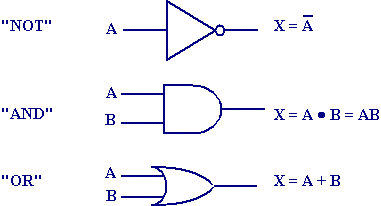I like going through the formal logic of the gospel in clear, simple terms. Not because the formal logic is the real gospel. The way the gospel is expressed is the real gospel. Formal logic is like bones. Bones are not the body. But learning the skeleton tells you a lot about bodies work.
The analogy to bones misleads in one sense. A body has only one set of bones. The gospel, on the other hand, can have more than one formal logic. The gospel is deep and varied. The “body” of the gospel is different from different points of view.
Finally, what I call formal logic is not what a philosopher would call formal logic. No As and Bs, I’m afraid.
Good. Throat well and truly cleared, lets get to it.
Growth requires experience. Growth means acquiring skills or knowledge that one did not have earlier, through action that requires those skills or knowledge.
Acting in an area where one does not have skills or knowledge means mistakes are inevitable. (Growth is the process of learning from mistakes. Someone who, accidentally, got everything right their first time probably did not learn very much from the experience.)
Taking action where you know you will make mistakes is sinful unless you can be responsible for those mistakes. Responsibility means you can make up for the harm that your mistakes caused.
We cannot take full responsibility for our mistakes. Because we want to grow in the most meaningful ways, in our capacities to love and to help other human beings, our mistakes are beyond our capability to fix.
Refusing to grow when growth is possible is also sinful.
In conclusion, taking the fruit of the tree of knowledge of good and evil is a sin, but so is not taking it.
Our mistakes are not beyond God’s ability to fix. Being omniscient, He knows the solutions and the causes of problems. Having all possible power, He can fully compensate for any injustice and repair any harm.
God can and will fix our mistakes in the long run.
However, relying on a third party to fix one’s mistakes does not meet the burdens of one’s responsibility. One has taken no act to solve the problems one created.
However, it is responsible to arrange for someone else to fix the mistakes.
When we repent, we enter into an agreement. In return for various promises to God, among them to not make the mistake again, He agrees to be our partner to make up for our mistakes. In partnership with God, I can make mistakes but be fully responsible.
Repentance solves the problems both of growth and of responsibility. Growth, because repentance involves rejecting one’s prior errors. Responsibility, because it involves making an arrangement whereby one’s responsibilities can be fully met.
In fact, after repentance one could say that the sin “was no more,” because the error is no longer sinful–it is now just a mistake where I am able to rectify the consequences of it.
Continue reading at the original source →




